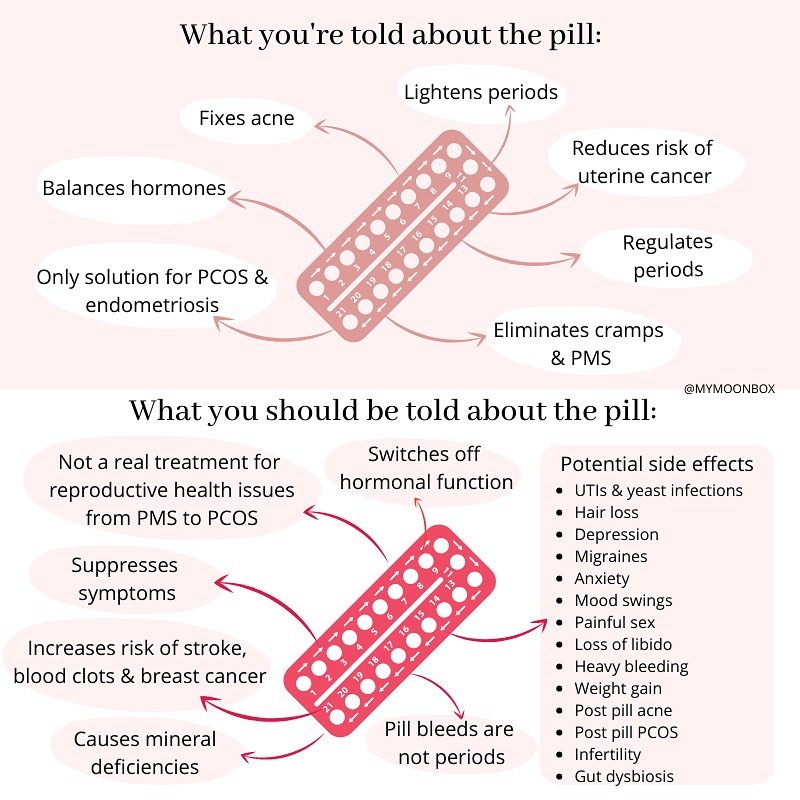The True Nature of Withdrawal Bleeding in Oral Contraceptives
In this post we will delve into the intricate history and medical nuances surrounding oral contraceptives, shedding light on the incorporation of placebo pills and their impact on cultural, religious, and reproductive health perspectives.
Unpacking the Sociocultural Role of the Placebo Week
The advent of oral contraceptives in the 1960s was met with societal hesitations, particularly from religious circles. Responding to these concerns, pharmaceutical developers strategically introduced the placebo week, using inert sugar pills. This measure aimed to align the contraceptive pill with cultural expectations and ease moral reservations, especially from religious groups like the Catholic Church.
Understanding the Placebo Week
Positioned typically at the conclusion of a 28-day pill regimen, the placebo week was devised to mimic a natural menstrual cycle. Its primary function was rooted in sociocultural considerations, striving to establish acceptance within religious groups.
Medical Realities and Hormonal Dynamics
Contrary to popular belief, the placebo week and the subsequent withdrawal bleeding are not mandatory for contraceptive efficacy. The active hormonal pills administered in the initial three weeks constitute the primary mechanism for preventing pregnancies. The withdrawal bleed during the placebo week is a hormonal response to the abrupt reduction in hormone levels (how good for the body could that be?!). The biggest take home message here is that IT IS NOT A PERIOD!!
Contemporary Trends: Embracing Continuous Active Pills
Modern formulations of oral contraceptives have departed from the conventional placebo week as strict religious following is less prevalent. Some contemporary iterations offer continuous administration of active pills, eliminating the need for a placebo week. This shift provides users with increased options and flexibility, marking a departure from traditional monthly withdrawal bleeding patterns.

Credit: Moonbox
Understanding the Pill’s Role in Reproductive Health Management
It is crucial to distinguish the role of oral contraceptives in reproductive health. While the pill is highly effective in preventing pregnancies, it does not serve as a treatment for underlying reproductive issues. Instead, it functions as a symptom mitigator, masking these symptoms, perhaps offering some relief without addressing the fundamental causes. In saying this, be aware that in most cases, other symptoms appear as a result of taking the pill.
Conclusion: Informed Decision-Making in Reproductive Health
The advent of the OCP was a life changing leap forward and major medical accomplishment in offering easy to take and highly effective contraception. Of that there is no doubt. However,
in navigating the intricate history of oral contraceptives, it is essential to emphasise the empowerment derived from knowledge. For individuals contending with reproductive health concerns beyond contraception, consulting healthcare professionals is advisable. This ensures exploration of tailored solutions aligned with individual health requirements.
As we unravel the multifaceted dimensions of oral contraceptives, let us acknowledge the advancements made in reproductive health awareness. Feel free to contribute your insights or queries, as collective knowledge-sharing contributes to a more informed discourse.
Join our Facebook Group Hormone Harmony – Your Life Reinvented
🌐💊 #ReproductiveHealth #ContraceptiveEvolution #InformedDecisionMaking

